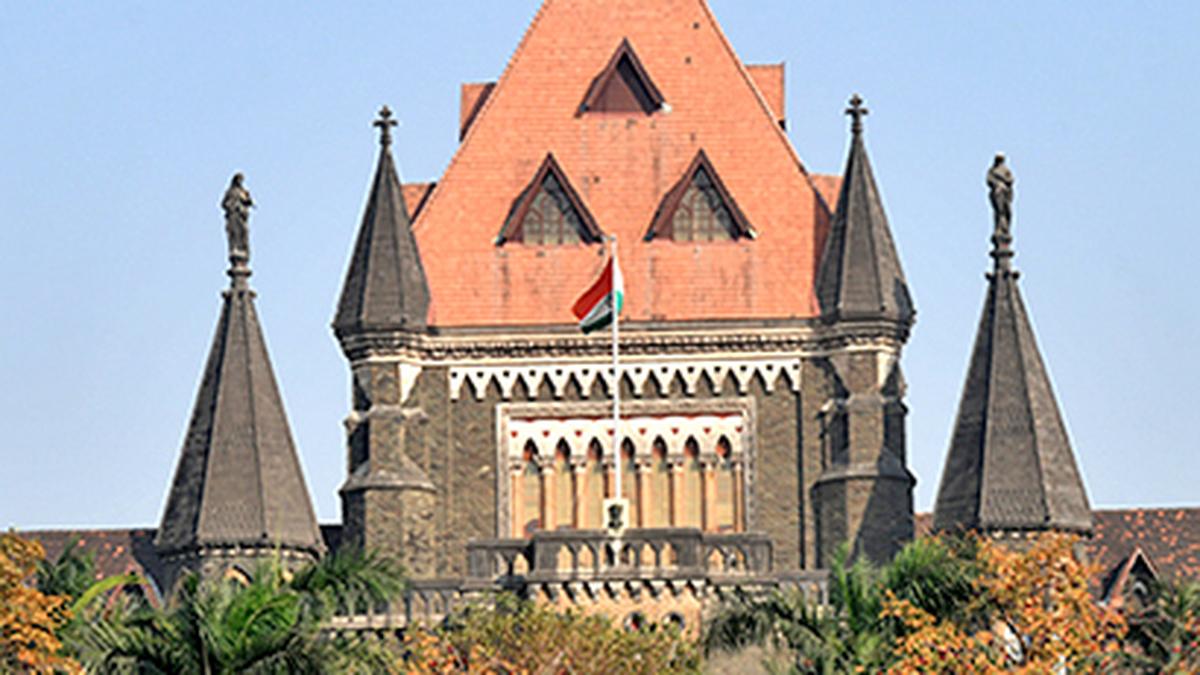
Centre’s fact checking unit to be set up after July 10
The Hindu
The Central government on Wednesday told the Bombay High Court that it would not notify the fact checking unit (FCU) constituted under the new Information Technology (IT) Rules for identifying fake news against the government on social media until July 10.
The Central government on Wednesday told the Bombay High Court that it would not notify the fact checking unit (FCU) constituted under the new Information Technology (IT) Rules for identifying fake news against the government on social media until July 10.
A division bench of Justices Gautam Patel and Neela Gokhale was hearing a petition filed by political satirist Kunal Kamra challenging the constitutional validity of the IT (Intermediary Guidelines and Digital Media Ethics Code) Amendment Rules, 2023. The new Rules require social media intermediaries to censor or otherwise modify content that relates to the Central government, if a government-mandated FCU directs them to do so.
On April 21, the Ministry of Electronics and Information Technology had said that it would not notify the FCU till July 5; this has now been extended to July 10. Two new petitions have also been filed by the Editors Guild of India and the Association of Indian Magazines, challenging the constitutional validity of the new Rules and calling them “arbitrary”.
The court on Wednesday said, “We shall take up the petitions for final disposal from July 6 onwards. The petitioners’ counsels shall complete their arguments on July 7 after which we shall set a date for the Union government to put forth their arguments. In view of the dates fixed for hearing, the Additional Solicitor General Anil Singh says that the statement made earlier by the Centre shall stand extended till July 10,” the court added.
The affidavit filed by the Centre on June 6 reads, “In case, where Fact Check Unit of Central Government intimates the intermediary that any information displayed on its platform is based on patently false and misleading facts, any person aggrieved by the availability of such information would be entitled to pursue any legal remedy, the court shall be the final arbiter of the factual correctness of the information.”

After a long, tiring day all we want is to jump right on our cosy beds and rest comfortably on our soft, fluffy pillows, right? Pillows are not quite appreciated as much as electric cars or air-fryers, for instance. Pillows are a wonderful man-made creation that has improved the lives and sleep of people across the globe. Did you know ages ago people used to rest their heads on a HARD ROCK? So how did humans go from sleeping on stones to cosy, fluffy and soft pillows today? Let’s get into the origin of your everyday pillows!

As the November 30 deadline nears for installing vehicle location tracking devices (VLTD) and emergency panic buttons in public service and nationally permitted goods vehicles in Karnataka, transport unions representing cab, bus, and truck operators are urging the government to reconsider the mandate. They argue that the high cost of these devices and a lack of awareness have made it difficult for many vehicle owners to comply with the requirement.









